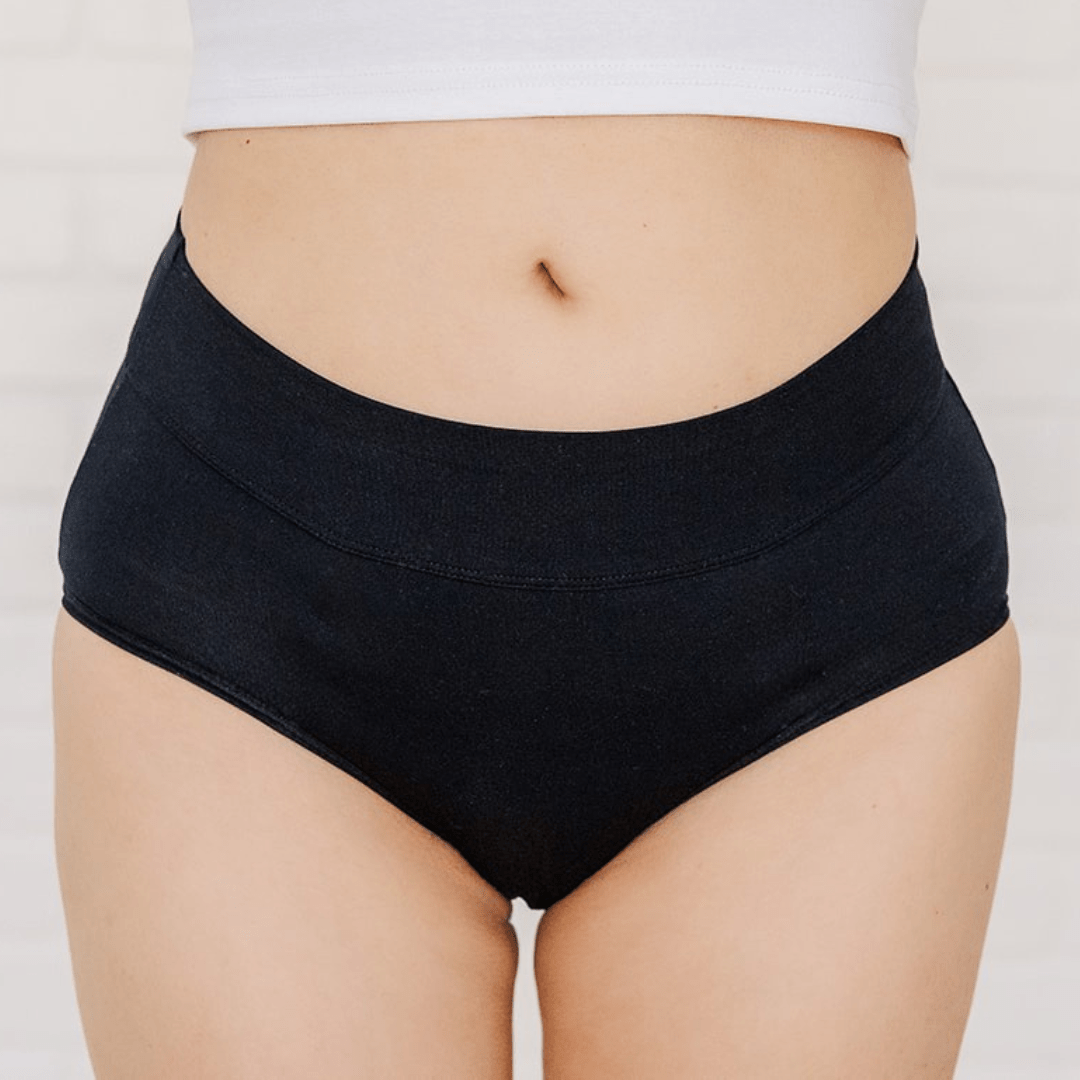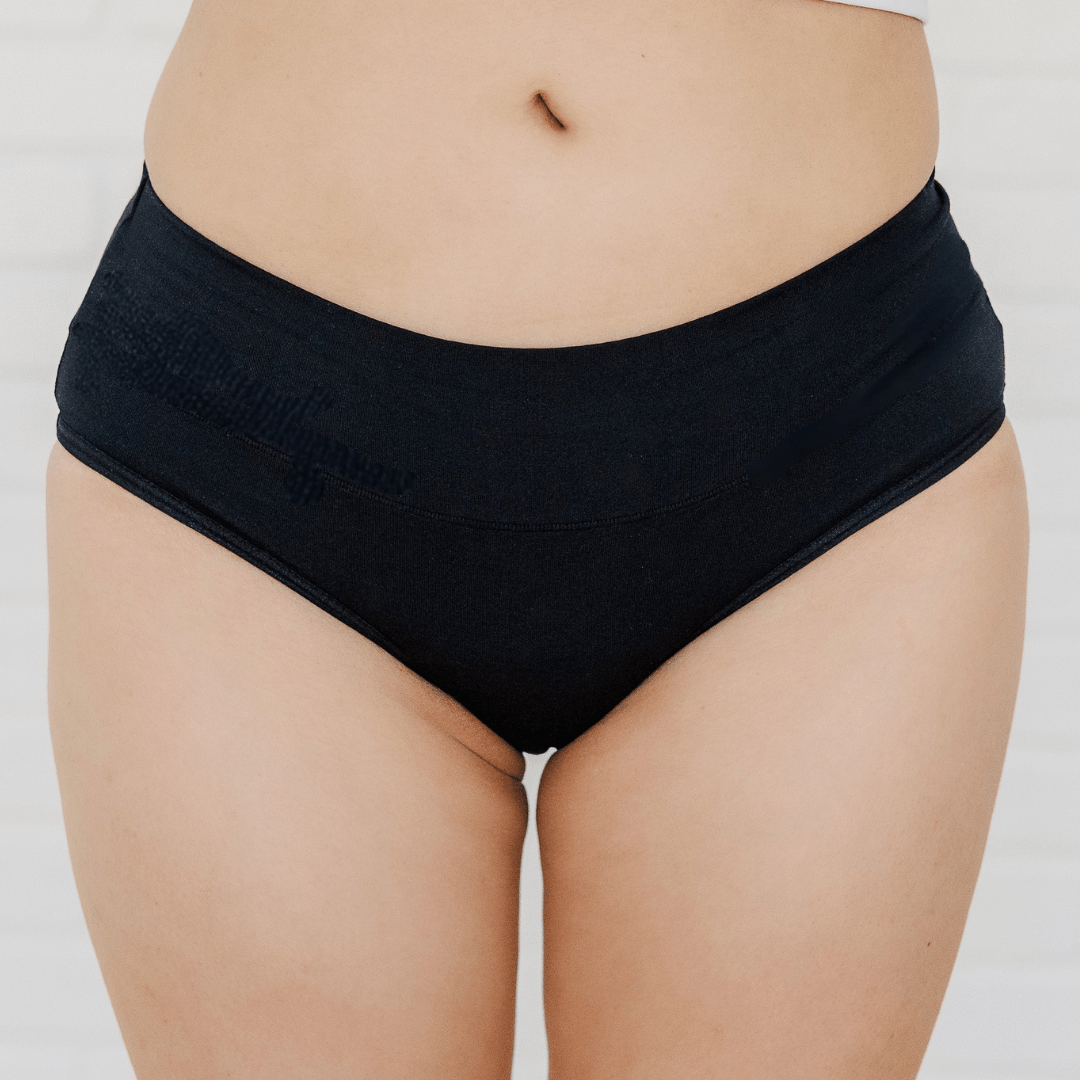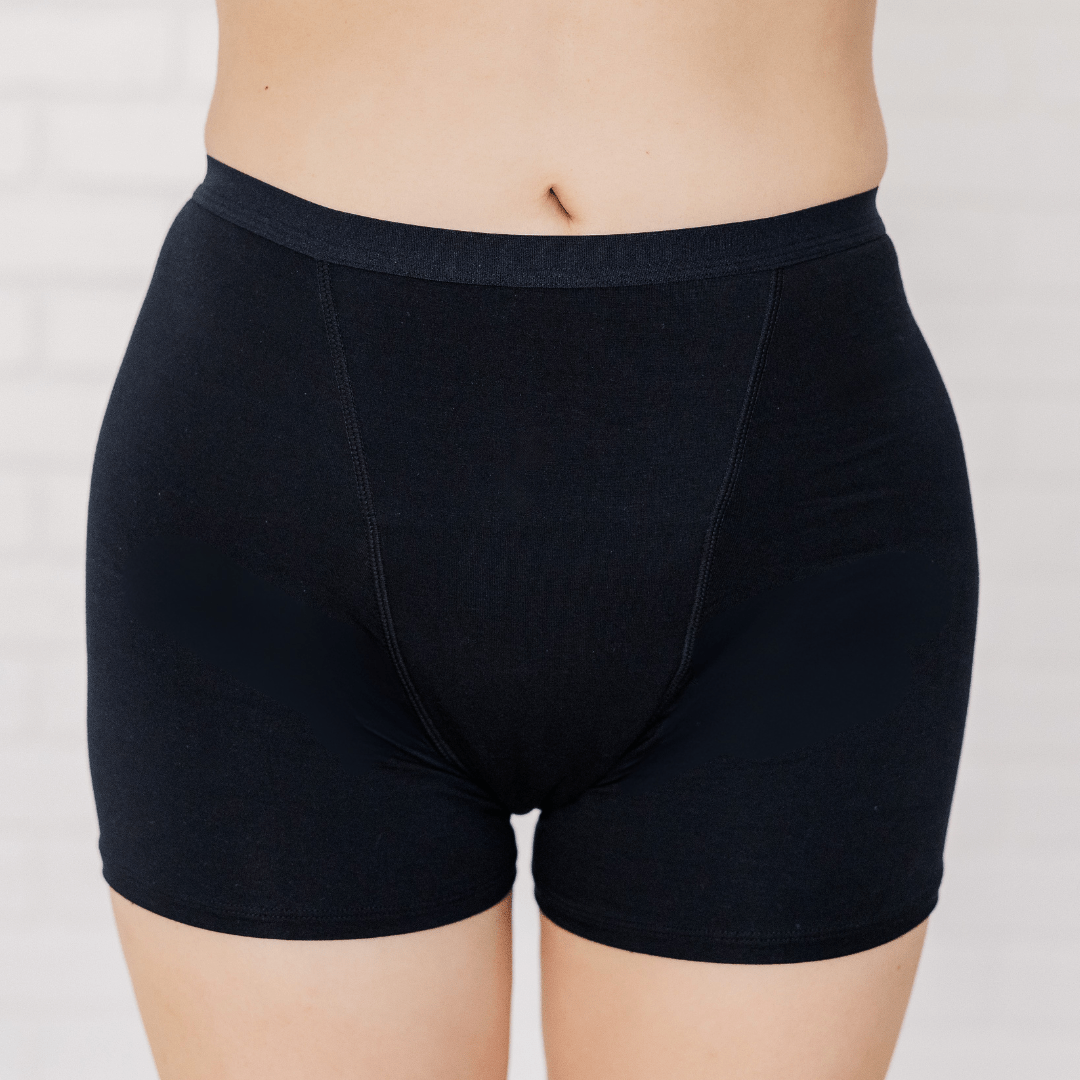Postpartum periods: what to expect
Brought to you by Fri Period and Tandem Community.
Bringing a new life into the world is an incredible experience, one that irrevocably changes you in more ways than can ever be expressed. Those pregnancy and postpartum months are a real dichotomy in terms of information - is there any other time in life where we are so completely bombarded with information, guidelines and advice, yet can still feel “in the dark” about so many things?
One of the areas we feel isn’t discussed enough is your first postpartum period.
This is understandable, as once your pregnancy is confirmed, it’s natural for any thoughts of your monthly period to crash right down to the bottom of your priority list. It’s one of the perks of the job, right? As a result, many of us just don’t know what to expect when it comes to the return of our menstrual cycle.
And so, we’ve created this handy guide so you don’t feel in the dark anymore.
When will my period come back after birth?
Like with anything hormone related, this varies from woman to woman and there are several factors at play.
If you bottle feed or partially breastfeed your baby, it’s likely your period will return sooner than if you exclusively breastfeed.
It’s possible for your period to return as soon as 4-6 weeks after childbirth. If you’re not breastfeeding, it’s likely your period will return within the first 6 months, with 6-12 weeks being the average.
If you’re breastfeeding your little one, then you can expect a slightly longer break from the world of periods. It can take up to 18 months for your period to return, but the average is within 3-6 months.
What if I bleed straight after giving birth?
The bleeding you experience after having your baby (whether through a vaginal birth or c-section) is not a period. The term for this is lochia, and describes the discharge that you experience post childbirth. It typically begins as quite heavy bleeding that is dark red and often with clots, but then gets lighter (both in volume and in color) over the following days or weeks. This is your body’s natural way of recovering after the birth of your child.
Will my period be the same?
They don’t lie when they say having a baby changes you. The same applies for your menstrual cycle. It is quite common for your menstrual cycle to be different to the cycle you had pre-baby. These are some of the changes you might notice:
- Heavier or lighter periods
- You might get cramps when you didn’t before (or vice versa)
- Your menstrual cycle might be longer or shorter, more regular or more sporadic
- The color might be slightly different
- You might notice more clots than you did before.
In many cases, things return to “normal” eventually, but there is no way to predict how childbirth will affect your menstrual cycle. Again, this all comes down to your hormones.
Can I get pregnant again before my period starts?
Yes! You can get pregnant before your first post-pregnancy period returns (if you ovulate). Be warned, ladies!
Conclusion
The return of your menstrual cycle can be an emotional experience, but you can feel empowered that you have now armed yourself with the knowledge to understand what to expect.
The menstrual cycle is widely regarded as the fifth vital sign, which means it is a major indicator of our overall health. If there is anything that you are uncertain about, it’s always worth speaking to your doctor.
******
Tandem Community is the only postpartum and maternal digital mental health tool to optimize mental and emotional wellbeing solutions for women of color and culture. Subscription digital kits deliver personalized culturally competent care and content for diverse moms to improve mental health and wellness outcomes from pregnancy through many years postpartum.











